Both systems generate language sequentially, and the smoothness or choppiness of that generation is a direct, observable measure of the ambiguity of the task and the resources required to resolve it.
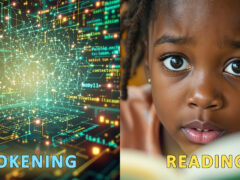

Both systems generate language sequentially, and the smoothness or choppiness of that generation is a direct, observable measure of the ambiguity of the task and the resources required to resolve it.
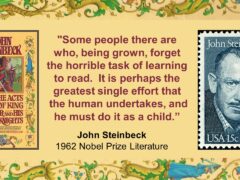
This book is always right next to me when I am working. Every time I see it I am reminded of how it changed my life. It still blows me away. It was about 24 years ago. My then six-year-old daughter and I were at a garage sale on the island of Kauai. I remember […]

Dr. Andrew Johnson is a Reading Specialist and a Distinguished Faculty Scholar and Professor of Literacy at Minnesota State University. I, David Boulton, am a Learning Activist with Learning Stewards. Dr. Johnson and I have very different views about reading and the process of learning to read. We agreed to learn together and respectfully challenge […]
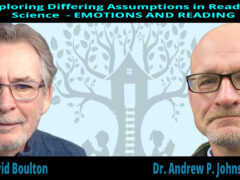
Dr. Andrew Johnson is a Reading Specialist and a Distinguished Faculty Scholar and Professor of Literacy at Minnesota State University. I, David Boulton, am a Learning Activist with Learning Stewards. Dr. Johnson and I have very different views about reading and the process of learning to read. We agreed to learn together and respectfully challenge […]
NAEP (K-12) scores aren’t perfectly accurate measures of grade-level reading proficiency. NAAL (17-year-old and up) scores aren’t perfectly accurate measures of adult literacy. The fact that they are separate assessment systems used to report on very different populations and yet come pretty close to predicting each other suggests they are both in the ballpark and […]
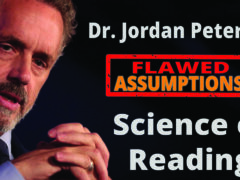
This clip begins with Dr. Peterson suggesting that motivating kids to learn to read is key to improving our educational and societal improvement efforts. He then proceeds to provide an overview of the conventional (Science of Reading) model of teaching reading. The clip ends with the prescient statement: “if the faculties of education were doing […]
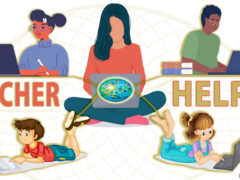
The purpose of reading instruction is to teach learners to be able to progress when they are reading on their own – when they are reading in-between instructional sessions. Learners who don’t read enough between instructional sessions don’t progress. In terms of the “practice” required to advance in reading, the number of words read during […]
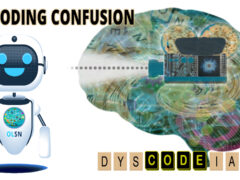
A short but deep journey into the root cause of reading difficulties and a new way of thinking about how to support children and adults who are learning to read and/or reading to learn.
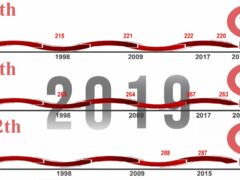
See for yourself. Despite all the hype about reading, despite the thousands of research studies, the billions spent trying to improve instruction, and the trillions lost as a consequence, reading scores in America today are virtually the same as they were when we started keeping data.
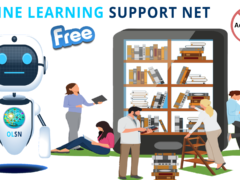
Imagine a future in which ANY person regardless of their age, language, reading skill, or knowledge level, can click ANY online word and instantly get the personalized help they need to learn to r-e-a-d and understand it.
